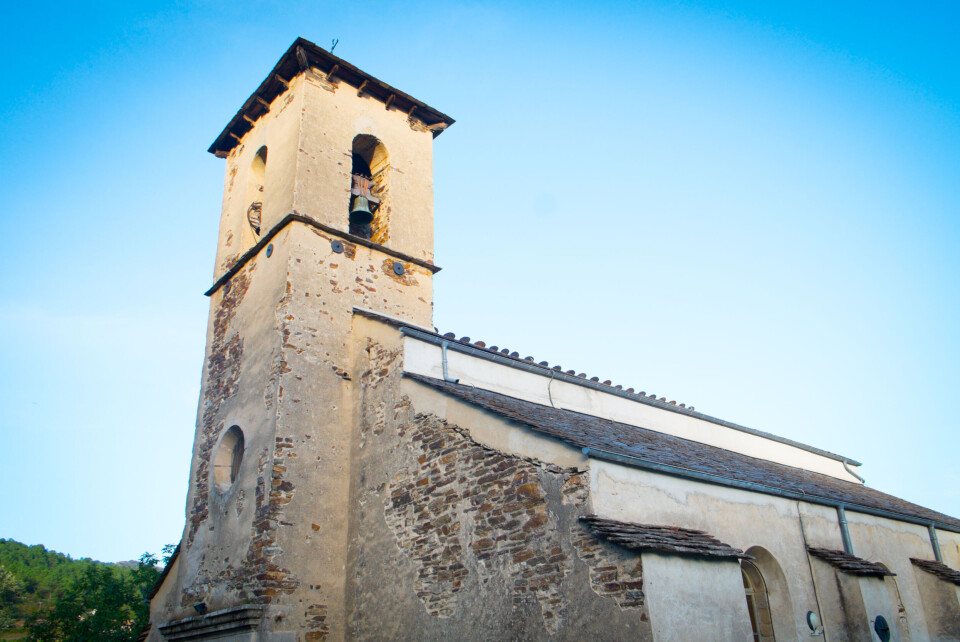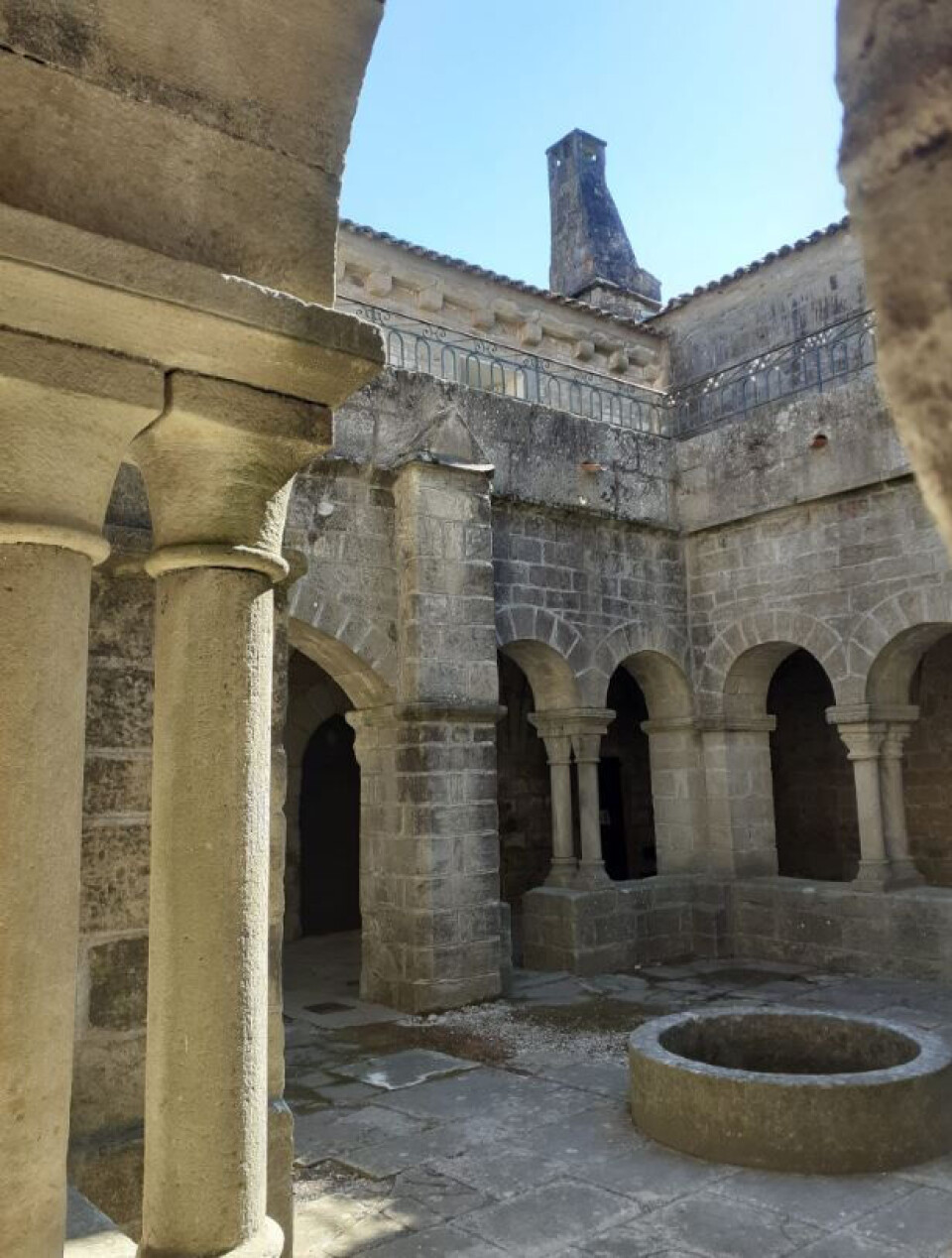-
Trump calls for Marine Le Pen to be freed (but she is not in prison)
US president said her embezzlement court case was a ‘witch hunt’
-
France’s €3 book delivery fee challenged in EU court by Amazon
Online retailer said measure is protectionist and ‘in breach of EU laws’
-
Allergies: How to know pollen levels in your commune of France
Interactive online maps can track and predict how pollen is changing in the air
Man who saved French church from ruin sued for breaking building rules
Olivier Fury’s renovations of a 16th-century monastery were praised by Brigitte Macron. But authorities say the work was unauthorised

A man in southern France who spent more than €350,000 to restore a church has been taken to court by regional authorities – for failing to submit the necessary permits first.
Olivier Fury and his wife bought a 16th-century Augustinian monastery in the Hérault department, aiming to restore it and open the site to the public.
Despite recognition of his work from the local mayor – and a letter from first lady Brigitte Macron – for the work, the local Regional Directorate of Cultural Affairs (DRAC) is suing Mr Fury because the renovation was done "without prior declaration or agreement".
Mr Fury – whose aims include to turn the space into a museum – is dismayed over the decision, which has sparked debate about whether the protection of France’s cultural heritage should trump bureaucratic procedures.
‘We were starting from a ruin’
Anyone who owns property in France will know the sometimes confusing nature of building permits in France.
Most of the time, the confusion lies over whether you need a Déclaration préalable de travaux (to simply warn authorities of work) or a full-blown Permis de construire to ask permission to undertake renovations - or if you do not need permission at all.
In Mr Fury’s case, he did not apply for any permit because of the bureaucratic hassle he believed it would cause.
“We were starting from a ruin. We would have had to apply for hundreds of building permits with such long procedures,” he said, highlighting the project would have run into delays if the permits were demanded.

After purchasing the property in 2011, he and his wife have spent over a decade renovating the church, to allow the public to see how it once looked, as well as constructing additional rooms and installing modern features to the building.
“We have multiple objectives after the renovation – to open the church to the public, create a museum… host events, and even hold masses, as the church was never desacralized,” said the owner.
Read more: French mayor’s anger as court orders that Saint Michel statue must go
Authorities remain inflexible
The owner of the church, aside from civic arguments over the importance of the monastery’s restoration, also highlighted the regulations for work on listed buildings such as the chapel.
“This church is listed and not classified, which makes our renovation work legal since our only aim was to save the building,” he said.
“What's more [the renovations are] without public funding," he added, gesturing to the work as a labour of love instead of one to turn a quick profit.
The appeals of Mr Fury have fallen on deaf ears, however, with the DRAC pointing to a mistake in his reading of building codes.
The DRAC states that the rule only applies for maintenance, and not renovations, of listed buildings, and that for the work Mr Fury has undertaken, he would have needed to file building permits.
Mr Fury is set to go to court on May 16 in Béziers over the matter.
Your view
What do you think of the decision? Should the normal regulations be dropped in a situation such as this because they hinder cultural renovations, or do the same rules need to apply to everyone, regardless of the work being carried out? Let us know via news@connexionfrance.com
Related articles
Do you agree? France’s belief in laïcité (secularism) works
Pastor gets death threats after pole dancing show in French church
























